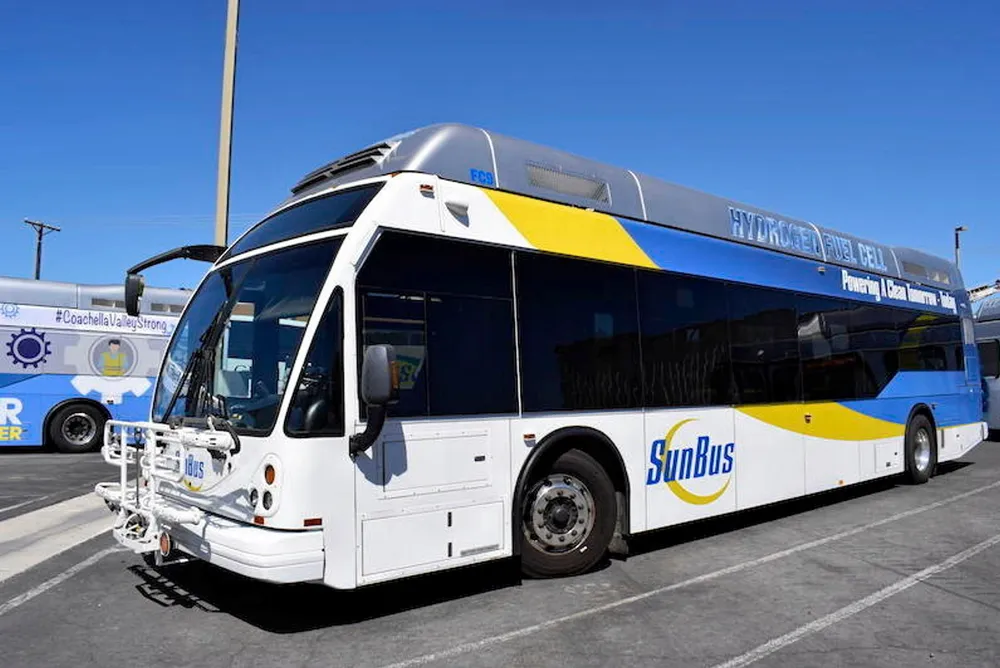Hydrogen buses in California inoperable for three months due to problems with Nel refuelling station
SunLine Transit Agency dropped a fifth of its daily services for months as it sought a way to refuel 35% of its fleet

SunLine Transit Agency dropped a fifth of its daily services for months as it sought a way to refuel 35% of its fleet
